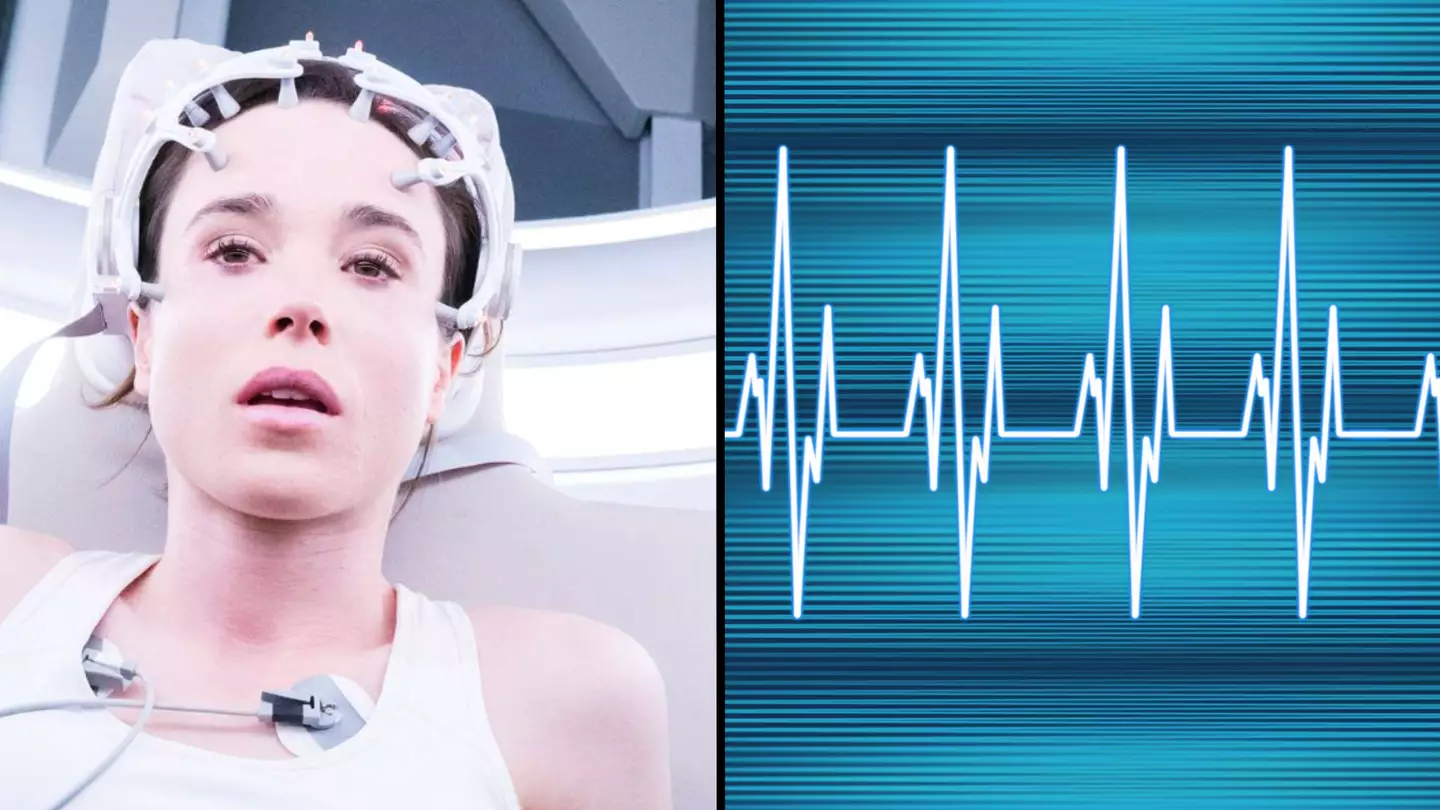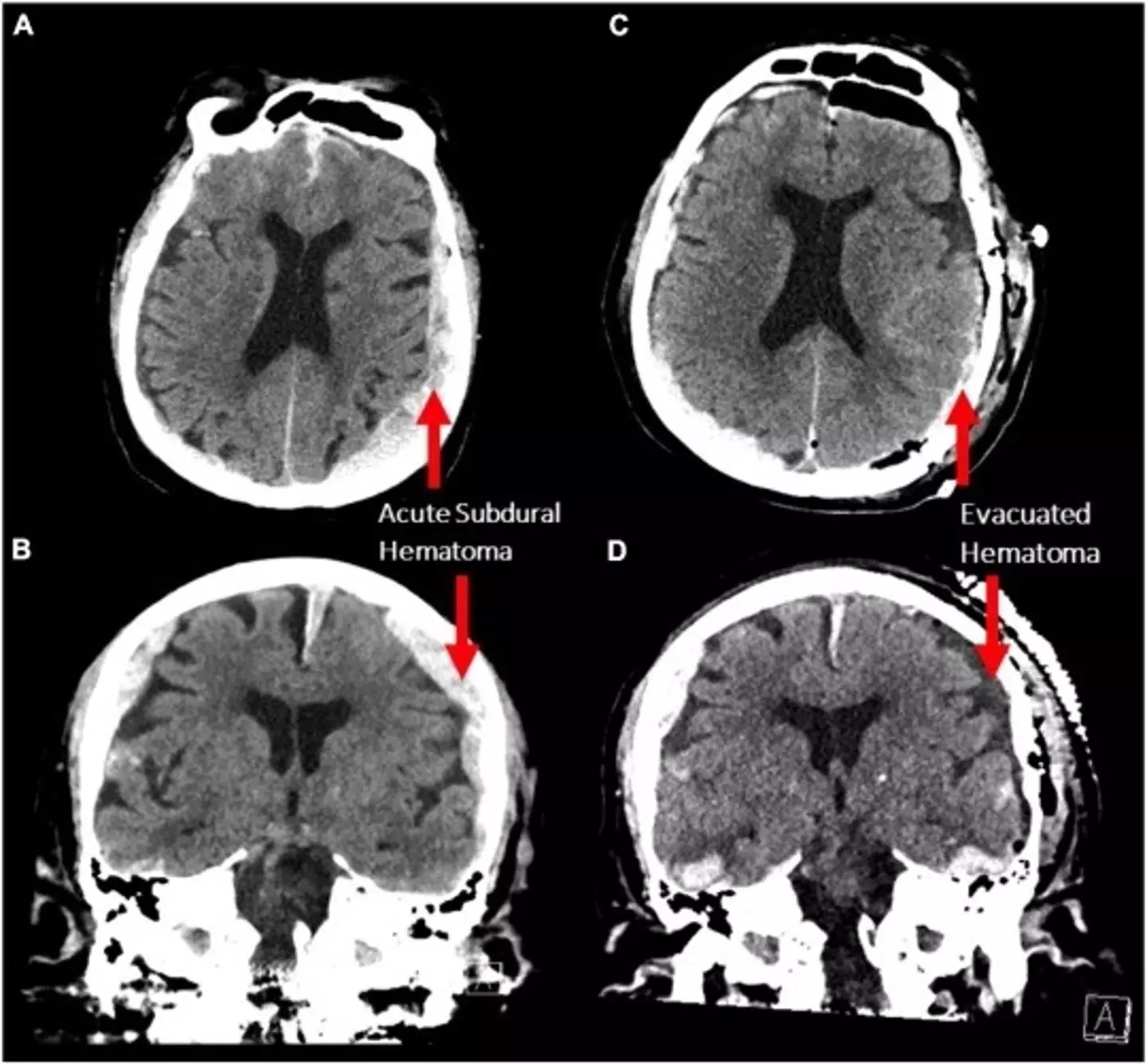
The first ever recording of the very moment someone dies has revealed what our final thoughts could be.
Probably since the beginning of time, what happens to us after we die is the question we have always wanted to know the answer to.
Even though we will probably have to wait until we're dead to know for sure, scientists reckon they've been able to look into our last ever thoughts before we pass away.
This comes after researchers in Vancouver, Canada, took a look at the brain of a 87-year-old patient suffering from epilepsy, but he unexpectedly died of a heart attack while they were observing him.
Advert
.jpg)
By using the results from an electroencephalogram (EEG) test, they were able to determine what was happening in his brain during his last moments - specifically the 30 seconds before and after his heart stopped beating.
And that age old idea that one's life 'flashes before their eyes' might just be a real thing after an increase in 'gamma oscillations' was detected.
'Gamma oscillations' are linked to the retrieval of memories and dreaming, which might suggest the patient was reliving past experiences before he died.
Lead author of the study - published in the journal Frontiers in Ageing Neuroscience - Dr Ajmal Zemmar said: "Through generating oscillations involved in memory retrieval, the brain may be playing a last recall of important life events just before we die, similar to the ones reported in near-death experiences.
"These findings challenge our understanding of when exactly life ends and generate important subsequent questions, such as those related to the timing of organ donation."

The study showed similar changes in brainwaves between rats at the time of death - but it's the first time it was detected in humans.
However, as with most studies, the team say that further research is needed in order to provide more conclusive results.
It's also important to note that the data focuses on just a single case study and the patient's brain had already been damaged from epilepsy.
Therefore, professionals aren't able to truly say if the same thing would happened with a different person, near the time of their death.
"Something we may learn from this research is: although our loved ones have their eyes closed and are ready to leave us to rest, their brains may be replaying some of the nicest moments they experienced in their lives," Dr. Zemmar added.
Topics: Science